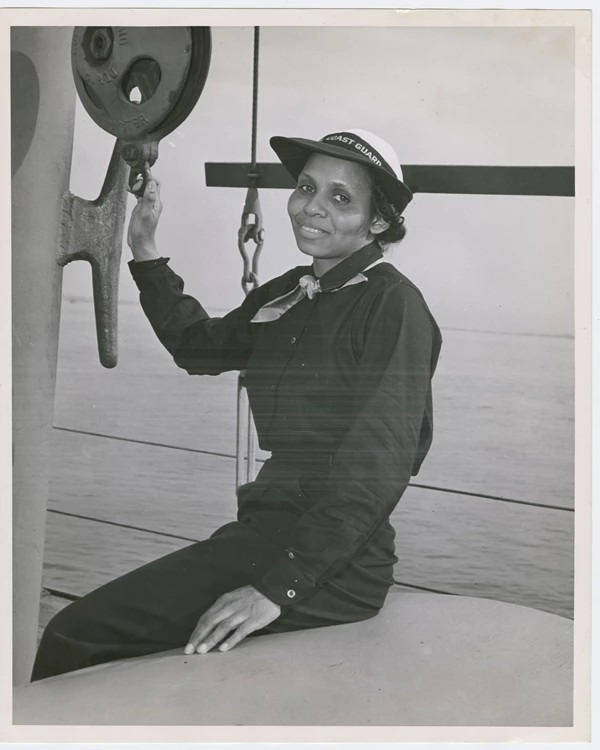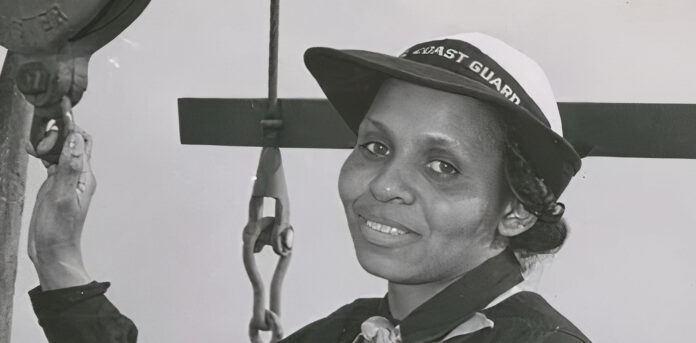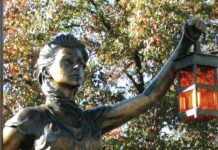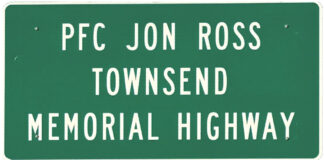
Early Life & Tulsa Race Massacre
Olivia Hooker was born in Muskogee, Oklahoma in 1915. When she was a child, she and her family moved fifty miles away to Tulsa…Hooker’s father owned a clothing store in the affluent Greenwood District, sometimes known as America’s “Black Wall Street.”
In 1921, when Hooker was six years old, white supremacist rhetoric boiled over into vicious violence. Enraged by false rumors that a local Black man had assaulted a white woman, white mobs invaded the Greenwood neighborhood. Arsonists torched homes, businesses, churches, and schools…At least dozens – likely hundreds – of Black Tulsans died. Nearly 10,000 were left homeless.
Hooker and her family were at home when intruders carrying torches entered their backyard. In an interview with NPR, she remembered her mother hiding her and her siblings under the dining room table… “It was a horrifying thing for a little girl who’s only six years old,” she said, “trying to remember to keep quiet, so they wouldn’t know we were there.” The men destroyed the family record player and butchered the piano with an ax. The mob also burned her father’s store to the ground.
The Hooker family left the city soon after the massacre. They moved to Topeka, Kansas and then to Ohio. Hooker earned a BA at Ohio State University and began working as a teacher. She told NPR that her parents urged her and her siblings to avoid “agonizing over the past” and instead “look forward and think how we could make things better.”
SPARS Service
During World War II, the US military began opening its ranks to women for the first time…When the Navy’s WAVES (Women Accepted for Volunteer Emergency Service) program finally opened to Black enlistees in 1944, Hooker applied several times. But the WAVES turned her down… Instead, Hooker decided to try the Coast Guard Women’s Reserve, better known as the SPARS. In a 2013 interview, she recalled that the SPARS recruiter was “just so welcoming, she wanted to be the first one to enroll an African American.”
On March 9, 1945, Hooker became the first Black SPAR on active duty. Along with four other Black women, she completed boot camp at the Coast Guard’s training center in Manhattan Beach, Brooklyn. She went on to further training as a yeoman, or administrative specialist…The head of the school wrote to every Coast Guard station commander—there were 11—to find an assignment for her. Only one, in Boston, agreed to take a Black yeoman.
At her post in Boston, Hooker worked in the separation center, processing paperwork for those who were discharging from the service. While she was there, the war ended…She left the SPARS having been promoted to yeoman 2nd class.
Asked about her SPARS service in 2013, Hooker reflected:
“I would like to see more of us realize that our country needs us, and I’d like to see more girls consider spending some time in the military, if they don’t have a job at all and they have ambition, and they don’t know what heights they might reach. It’s really nice to have people with different points of view and different kinds of upbringing. The world would really prosper from more of that.”
Psychologist
After leaving the SPARS, Hooker used her GI Bill benefits to go back to school. She earned an MA from Teachers College at Columbia University and a PhD in psychology from the University of Rochester.
Hooker taught at Fordham University in New York City from 1963 until 1985. She then worked at the Fred S. Keller School…She retired in 2002, at the age of 87. Hooker co-founded a division of the American Psychological Association (APA) dedicated to intellectual and developmental disabilities. The APA honored her with a Presidential Citation in 2011.
Later Life & Honors
Throughout her life, Hooker shared her memories of the Tulsa race massacre and advocated for justice for its victims. No one was charged, and most victims received no compensation from their insurance companies. Hooker co-founded the Tulsa Race Massacre Commission in 1997 to unearth the buried evidence of the massacre. She also pressed for reparations for Black Tulsans. She joined a lawsuit against the state and testified before Congress in 2005 and 2007. In the 2020s, victims and their descendants continue to seek acknowledgement and financial compensation for the massacre.
In 2015, the Coast Guard recognized Hooker by renaming a training facility and a dining hall in her honor. Hooker died in 2018 at the age of 103.
By Ella Wagner, PhD, Cultural Resources Office of Interpretation and Education, National Park Service. Article used with the permission of the National Park Service, August 6, 2025.















